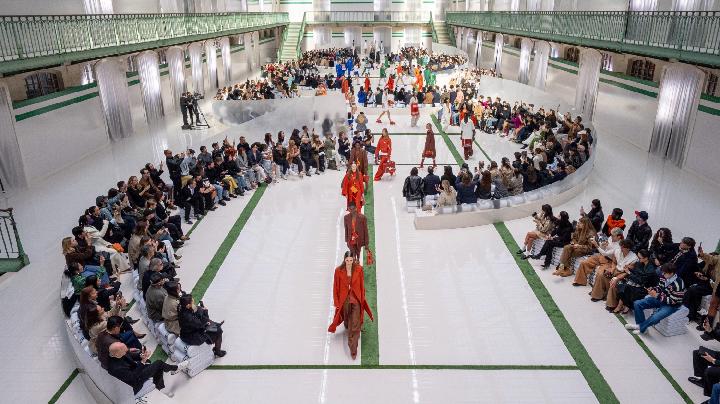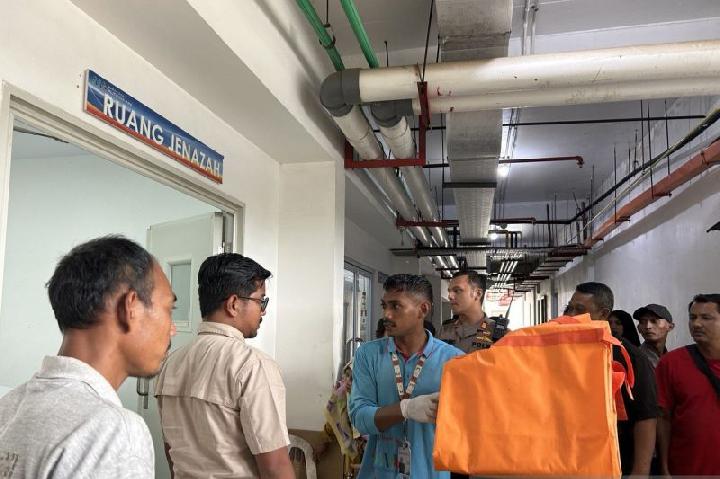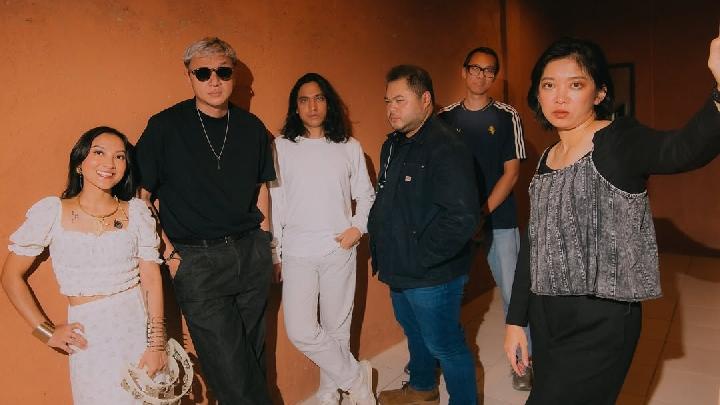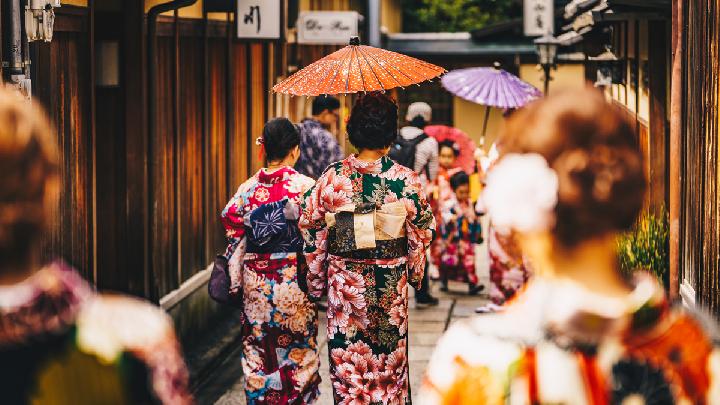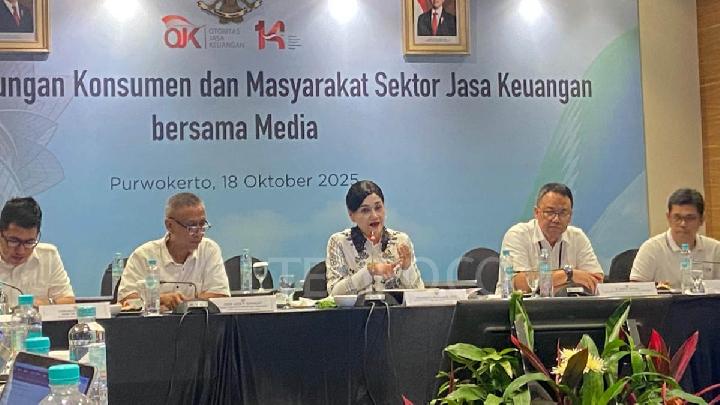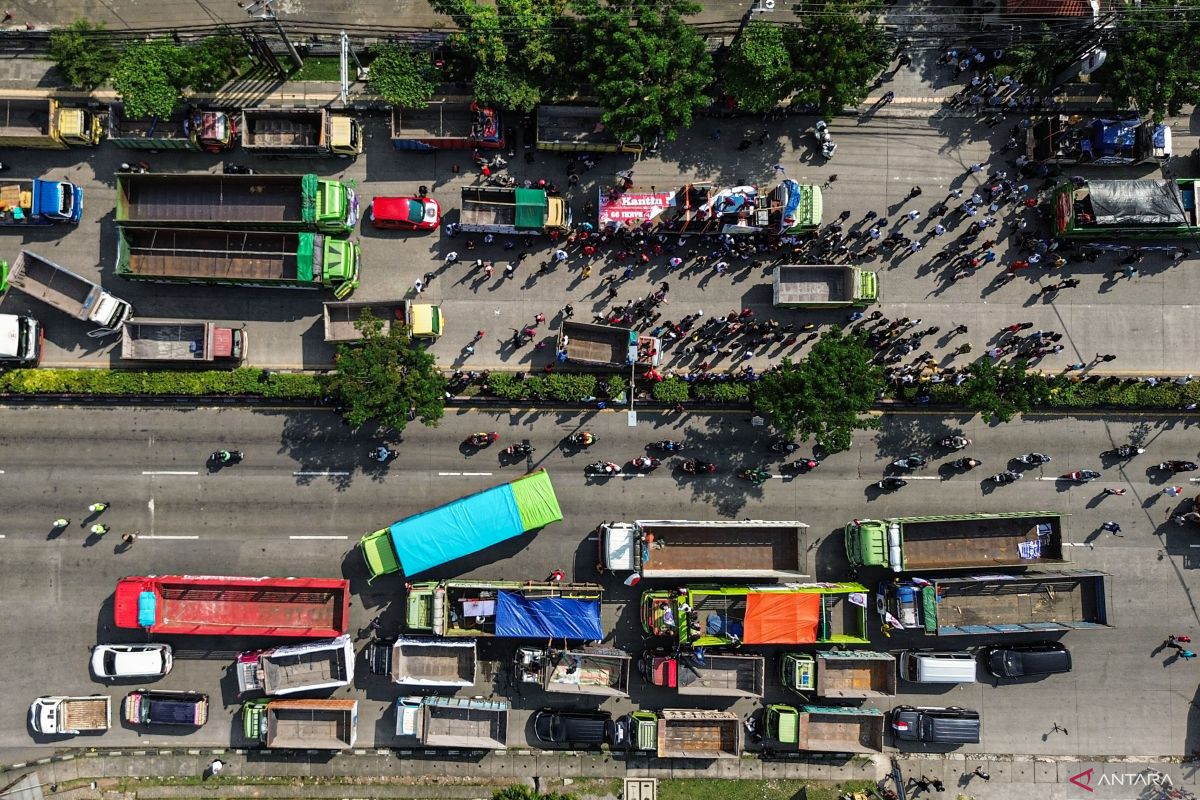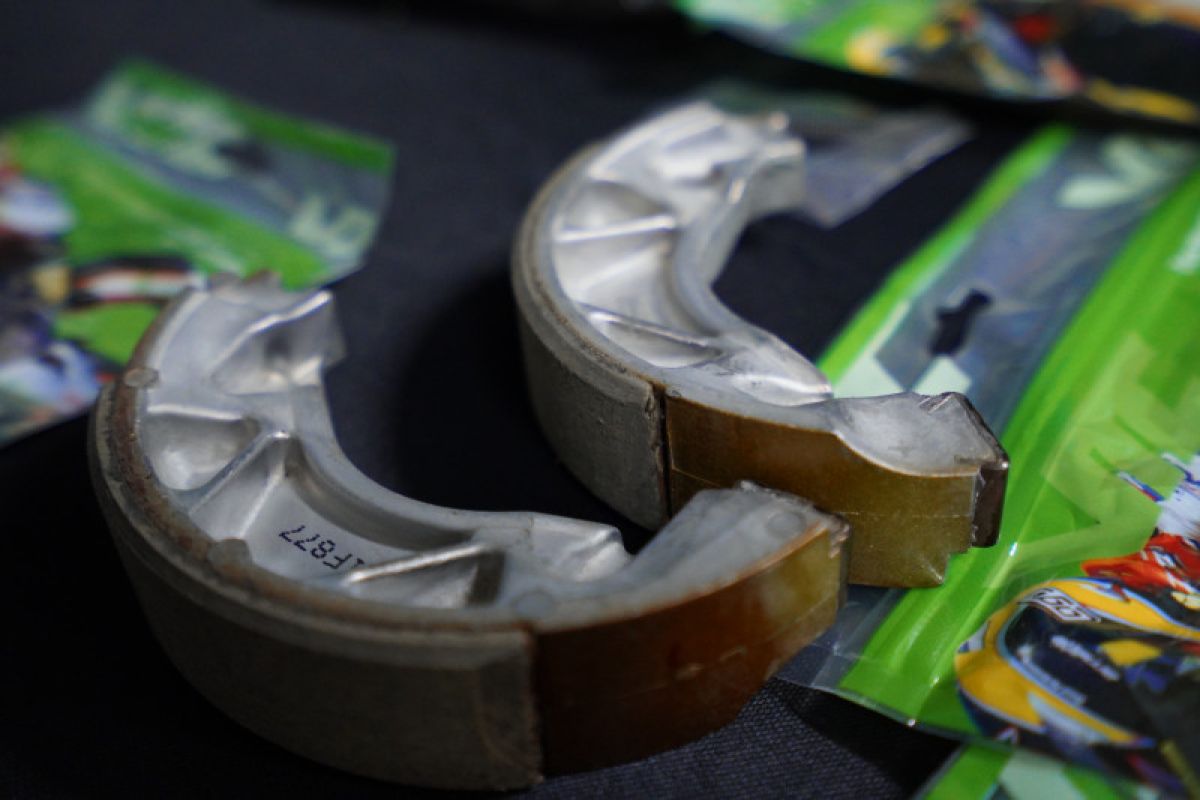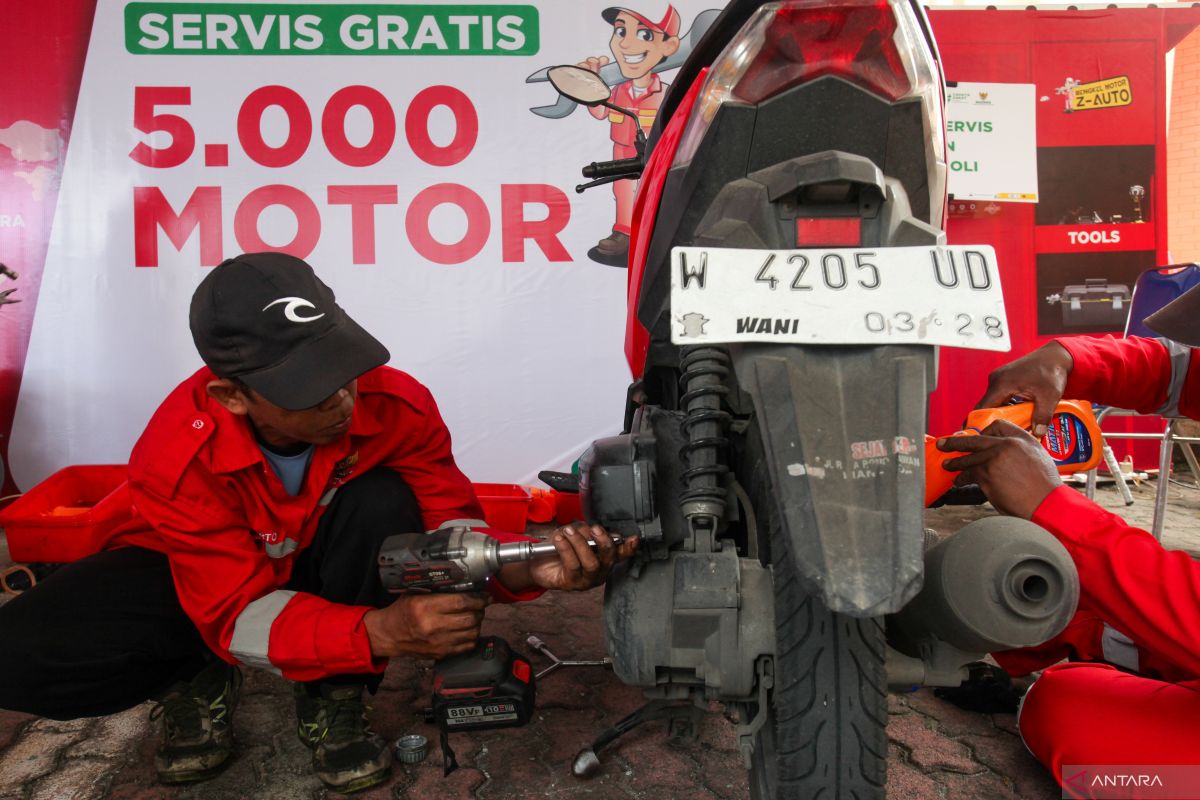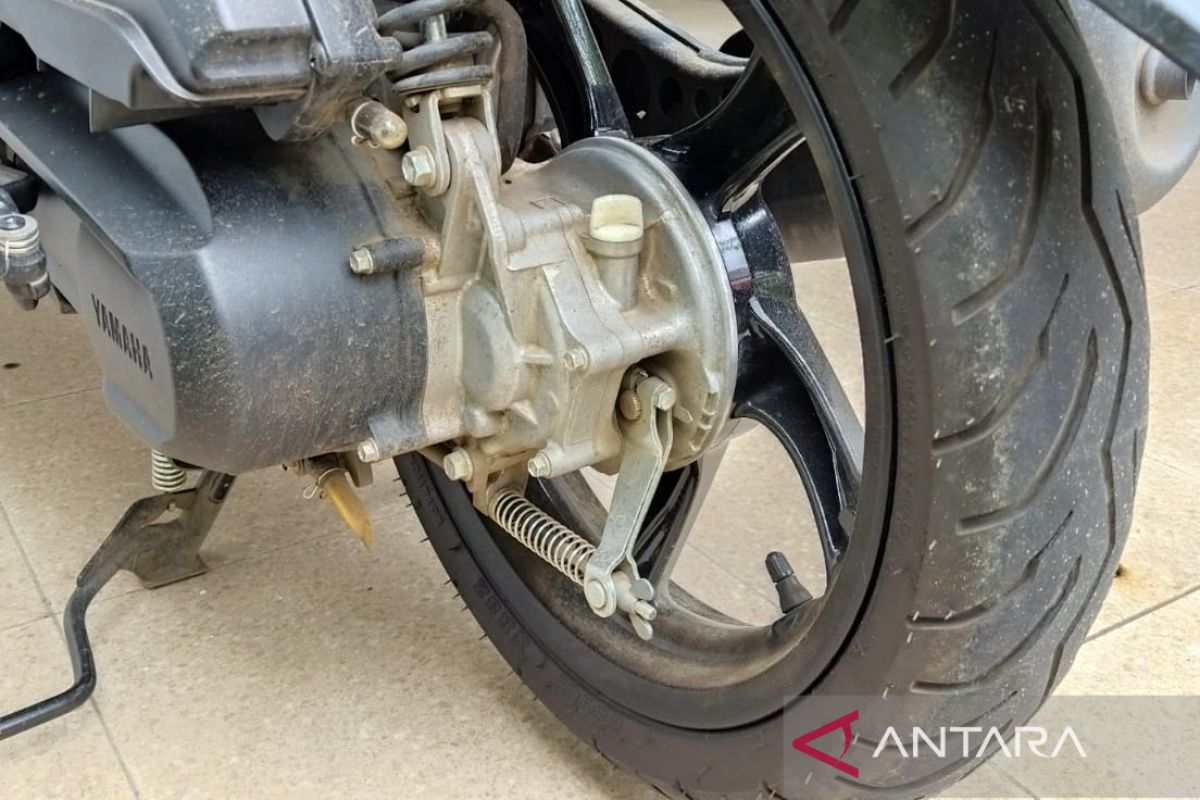TEMPO.CO, Jakarta - The large number of traditions in Indonesia stands as a living testament to how diverse the island country can be. While seasoned travelers may be familiar with Bali and its sacred cultural ceremonies, countless other unique traditions of Indonesia deserve attention. Whether they involve the living or tributes to the deceased, these customs are so well preserved that they defy the waves of time.
Traditions of Indonesia Worth Remembering
Citing Traveloka and multiple sources, Kerik Gigi, Ma’nene, and Ngaben are only a few of the Indonesian traditions that are still performed even after decades. Let’s take a look at the complete snapshot below:
1. Kerik Gigi - Mentawai, Sumatera
Tooth scraping, known locally as kerik gigi, is a unique cultural tradition in Indonesia that traces its roots to the island of Sumatra, Indonesia. On the island’s remote western coast, the women of the Mentawai tribe have long practiced this ritual as a symbol of beauty and identity. In this tight-knit community, sharpened teeth are more than just a physical trait; they are considered a mark of true attractiveness and cultural pride.
2. Ngaben - Bali
Like many islands across Indonesia, Bali is rich with traditions, one of the most fascinating being Ngaben, the island’s elaborate cremation ceremony. Unlike typical funeral rites, Ngaben transforms mourning into a vibrant celebration of life and spiritual release. In a captivating ceremony, the deceased is carried to the cremation site in ornate, mythological-shaped sarcophagi, hoisted by men as the hypnotic rhythm of gamelan music fills the air.
3. Ma’nene - Toraja, Sulawesi
In the highlands of Toraja, honoring ancestors becomes a living tradition through the sacred Ma’nene ritual. This extraordinary Indonesian tradition sees families reunite with their dearly departed, carefully exhuming and tending to the preserved bodies of their loved ones. The day is spent gently cleaning the remains, redressing them in freshly laundered clothes, and paying deep respect, as if welcoming them home.
4. Peusijuek - Aceh, Sumatera
In Aceh, gratitude takes the form of a ceremonial tradition known as Peusijuek, a heartfelt expression of thanks for the blessings bestowed by God. This sacred ritual is performed to mark major life milestones, such as moving into a new home, getting married, or welcoming a newborn.
During the ceremony, respected elders gently sprinkle a turmeric-infused yellow rice water over the participants’ heads, accompanied by solemn prayers for peace, prosperity, and protection.
5. Yadnya Kasada - East Java
The Tengger tribe performs Yadnya Kasada as a way to ask for soil fertility during harvest season in the tenth month of Tengger’s calendar. The ritual begins with participants throwing sacrificial offerings such as vegetables, fruits, and money into the crater of Mount Bromo in honor of the god Brahma. Prior to the ritual, participants make their way to the site either on foot or riding horses at midnight.
6. Potong Jari - Papua
Translated literally as cutting fingers, potong jari is a well-preserved tradition in Indonesia, especially among the Dani tribe in the Baliem Valley. This extreme custom is done by a bereaved family who recently lost one of their family members. The Dani people symbolize their grief by cutting off one of their fingers, believing this act prevents immeasurable sorrow from recurring.
7. Adu Betis - South Sulawesi
In Makassar, folks usually show strength and resilience by clashing their calves in a customary tradition called Adu Betis. When performing this customary tradition, two people face each other, hold hands, and repeatedly clash their calves together.
8. Ngebabali - Lampung
When using new land for farming or building a new home, the people of Lampung traditionally hold a ritual known as Ngebabali. This sacred tradition is meant to seek permission and blessings from the guardian spirits of nature.
During the ritual, a customary leader recites sacred chants while sacrificing a chicken and sprinkling its blood onto the earth. The preparations for Ngebabali include carefully plucking the chicken's feathers and tying its legs before the offering is made.
9. Bakar Batu - Papua
The people of Papua uphold a strong sense of gratitude and kinship through a unique tradition known as Pesta Bakar Batu. This communal feast involves cooking pigs and various foods by layering them with red-hot stones in deep earthen pits. Beyond the act of cooking, the event reflects unity and cooperation within the community. The process includes digging a large hole, heating stones until they glow, and using them to roast the food underground.
10. Mekikuwa - Manado, North Sulawesi
In Manado, the Mekikuwa ceremony is held as an expression of gratitude for God's protection throughout the year. Typically taking place at the end of the year or just before the New Year, this tradition blends spiritual reflection with joyful celebration. Participants sing religious hymns and light candles and fireworks as symbols of light and joy. After prayers are offered, the lighting of candles and fireworks marks a hopeful transition into the coming year.
These traditions in Indonesia reveal a nation deeply rooted in ritual, reverence, and resilience, despite the rapid evolution of modern life. For cultural geeks, check also the world’s best cultural destinations in 2025 here.
Editor's Choice: Pacu Jalur: Ancient Indonesian Boat Race Goes Viral on Global Stage
Click here to get the latest news updates from Tempo on Google News




